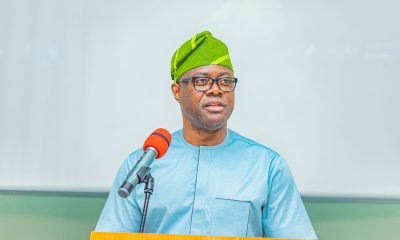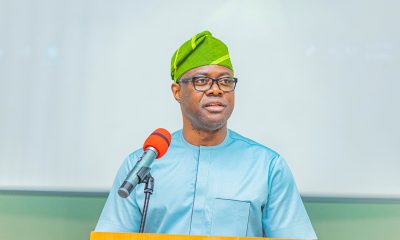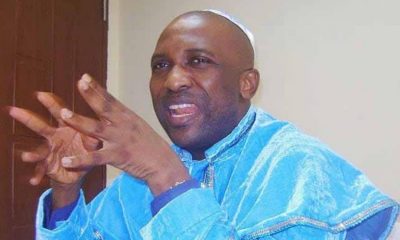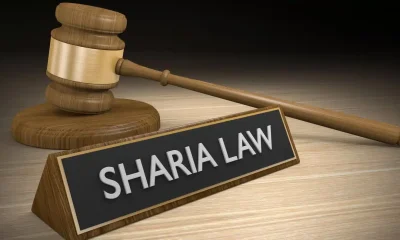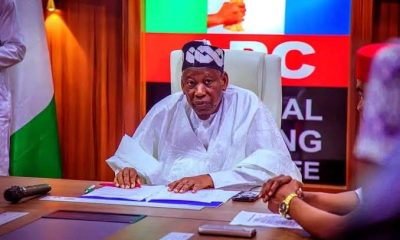Opinion
Adelabu And His Futile Chase In Oyo

By Achilleus-Chud Uchegbu
After reading the 98-page judgment, including the dissention, of the Court of Appeal in the appeal by the governorship candidate of the All Progressives Congress (APC) in Oyo State, Adebayo Adelabu, challenging the electoral victory of Seyi Makinde, one is left with no option than a declaration that Adelabu’s continued chase to vary outcome of the election, is futile. Qoholet, in the book of Tanakh, describes such as chase after the wind.
The best Adelabu could do at this time is to take the free advice of Makinde and work towards another attempt in 2023. My position here takes bearing directly from the judgment of the Court of Appeal as delivered by Justice Abubakar Datti Yahya.
After reading the entire judgment, one is sure that the court left Adelabu with no option. Let us consider the declarations.
Reliefs sought by Adelabu include: that Makinde was not duly elected as governor by majority of lawful votes cast; that Adelabu scored highest number of lawful votes cast; that he (Adelabu) be declared validly elected on account of scoring highest number of lawful votes cast.
Alternatively, Adelabu asked that result of the election be nullified and an order for fresh election be made.
Those requests were refused by the Election Petitions Tribunal, which prompted an excursion to the Court of Appeal. The grounds upon which Adelabu appealed was that Makinde was not validly elected on account of lawful votes cast and as such his occupation of office as governor was invalid on grounds of corruption in the electoral process.
In the judgment, Justice Yahya declared: “However, in our further evaluation of the evidence led and the current position of the law, we cannot nullify the election. It is only when the election is nullified that the reliefs of order returning the 1st appellant (Adelabu), or ordering fresh election can be granted. Again, since we have re-evaluated the evidence and come to a conclusion, the issue of ordering a re-hearing of the petition does not arise, even if there is still time to do that.”
In his contribution to the judgment, Justice Mohammed Ambi-Usi Danjuma held thus: “The Election Petition Tribunal is a special court created for sui generis litigations of political disputes in elections which are time-bound in prosecution and their adjudication; and in this wise, within 180 days from the date of filing of the petition. The rules governing ordinary civil proceedings do not apply to the sui generis genre of election petitions and appeals. The time has so expired and no purpose will be served in ordering a rehearing of the petition, the subject of this appeal”.
Justice Danjuma also held that “we can neither peep into the status of the declaration and return as made nor order the tribunal to conduct a rehearing outside its limited period of mandate for the petition. After the set time for its determination, the tribunal has no jurisdiction to entertain any further action…the life span of the suit or petition has expired, it is lifeless as relating to its trial at the tribunal. There will be no cause of action and no jurisdiction at the tribunal.”
In the mind of Justices Yahya and Danjuma, Adelabu’s appeal is dead and no longer has any life. It also cannot be resurrected by any judicial pronouncement. With the time having lapsed, the only hope of resurrecting it would be to return to the legislature, not Supreme Court, to seek an amendment of the law establishing the tribunals and to extend their lifespan.
Send Us A Press Statement Advertise With Us Contact Us
And For More Nigerian News Visit GWG.NG


